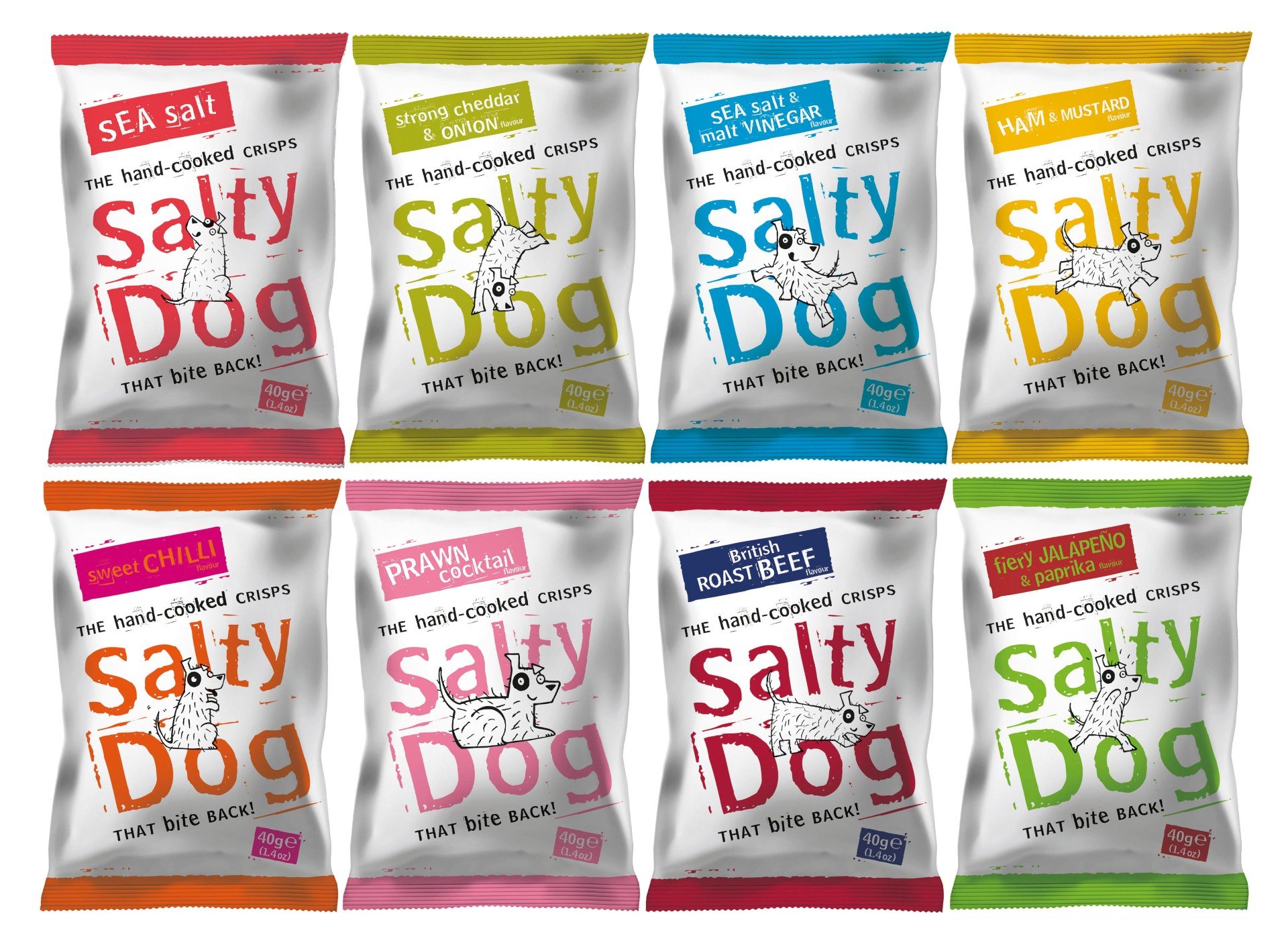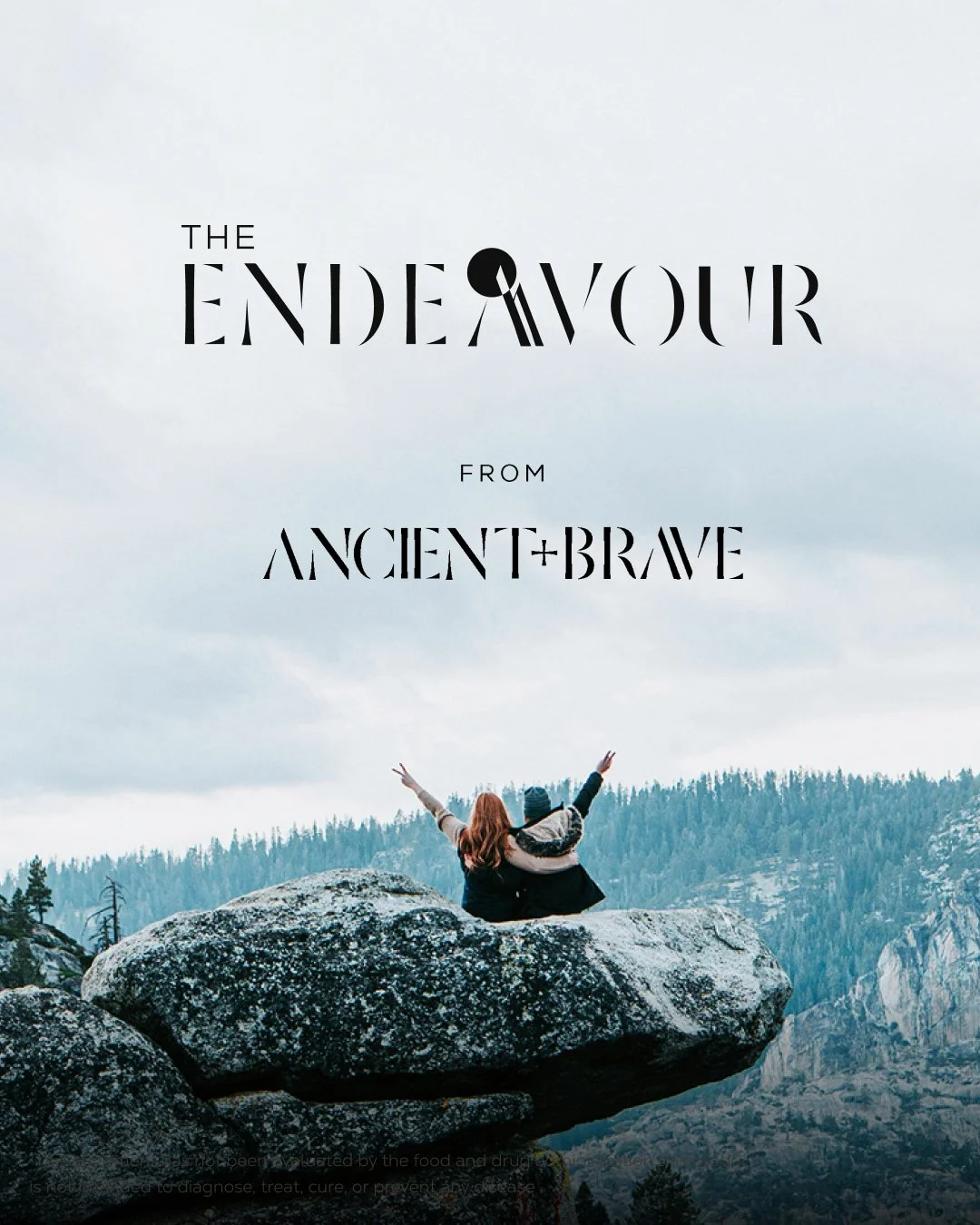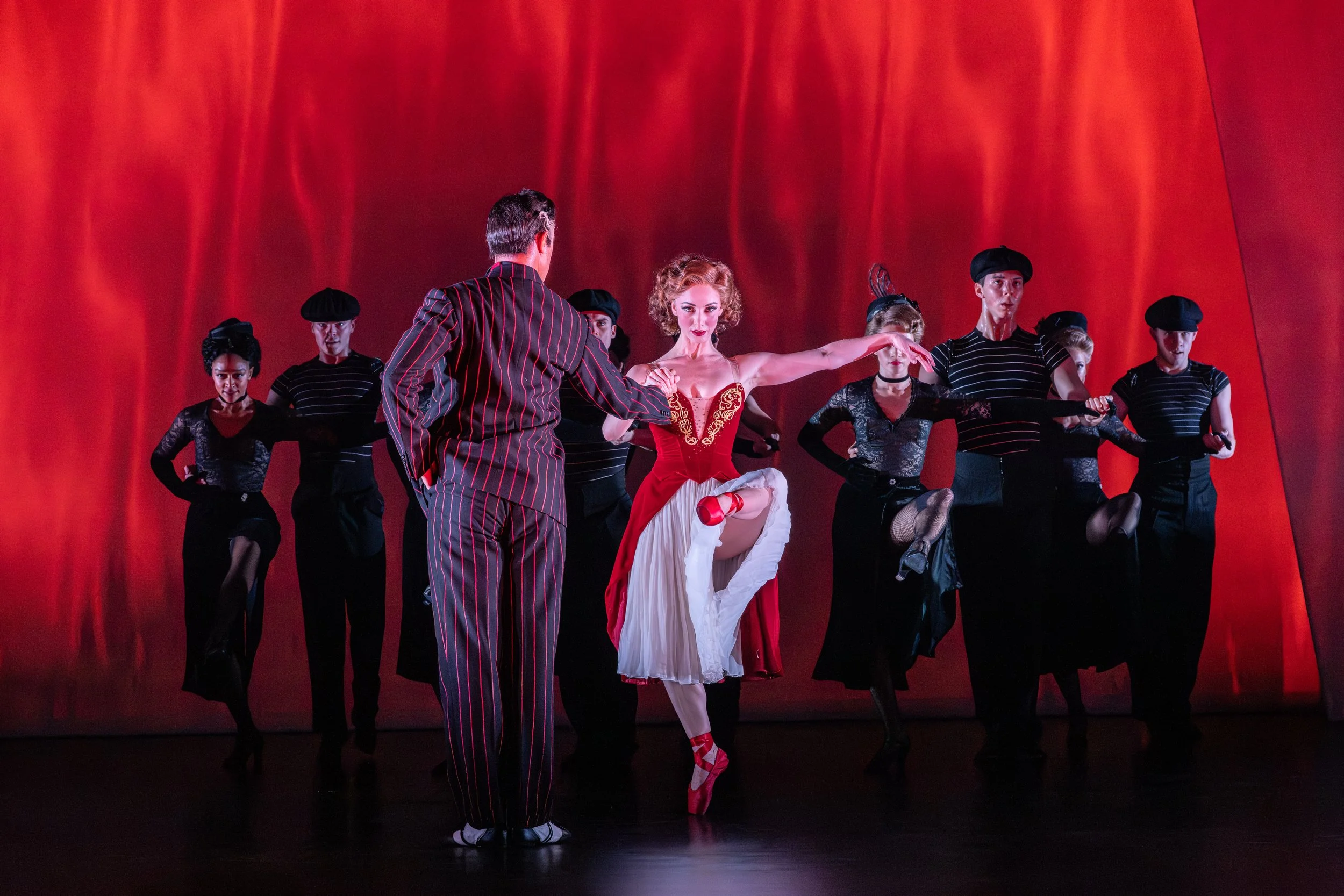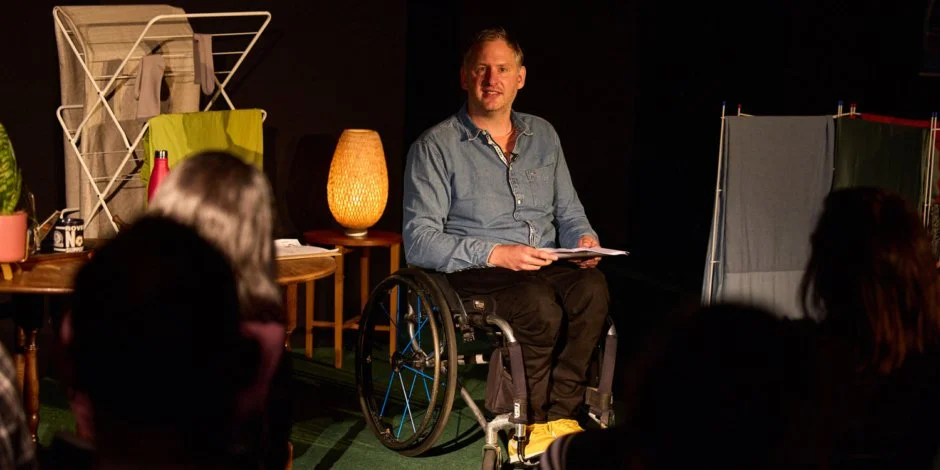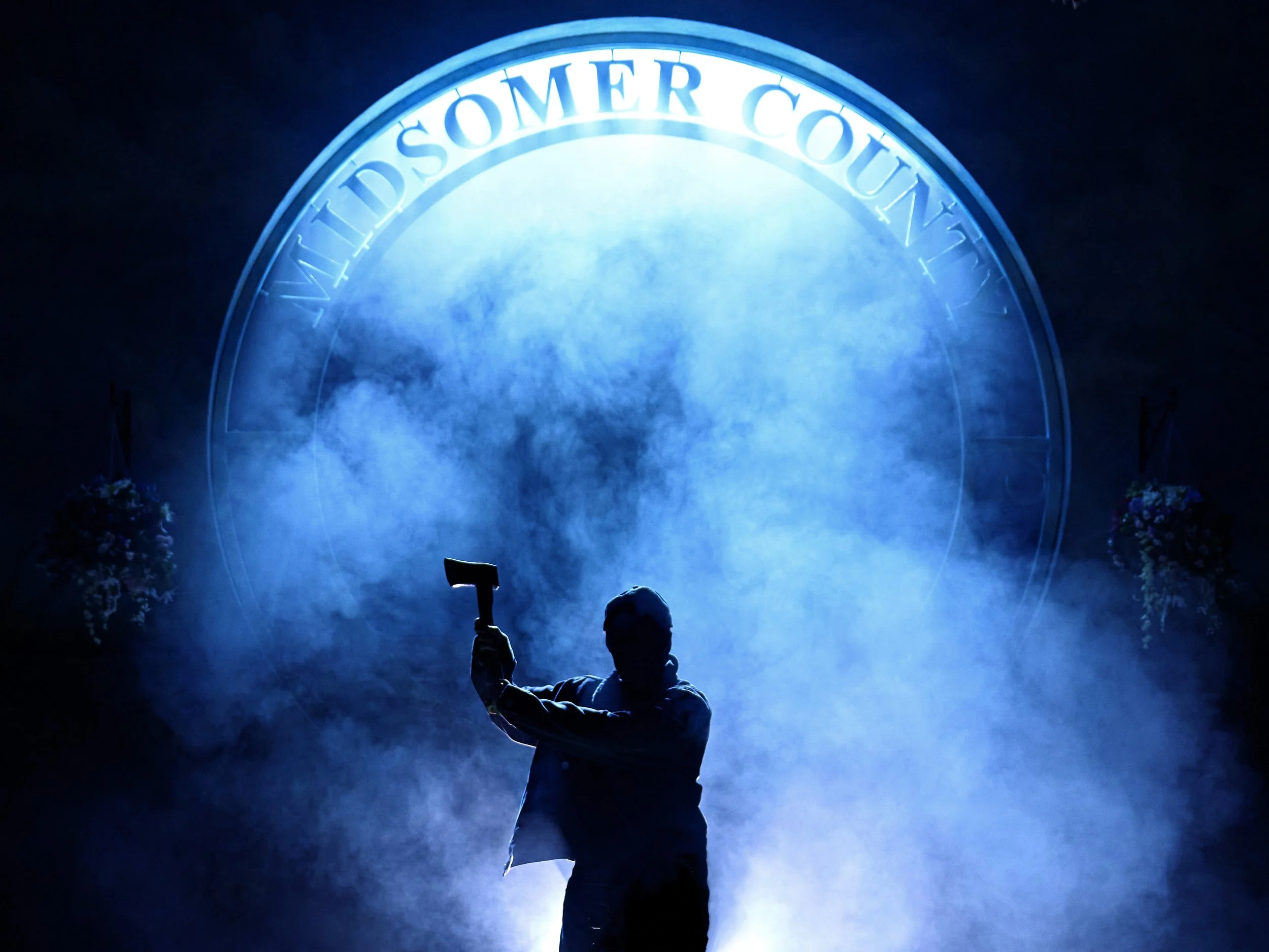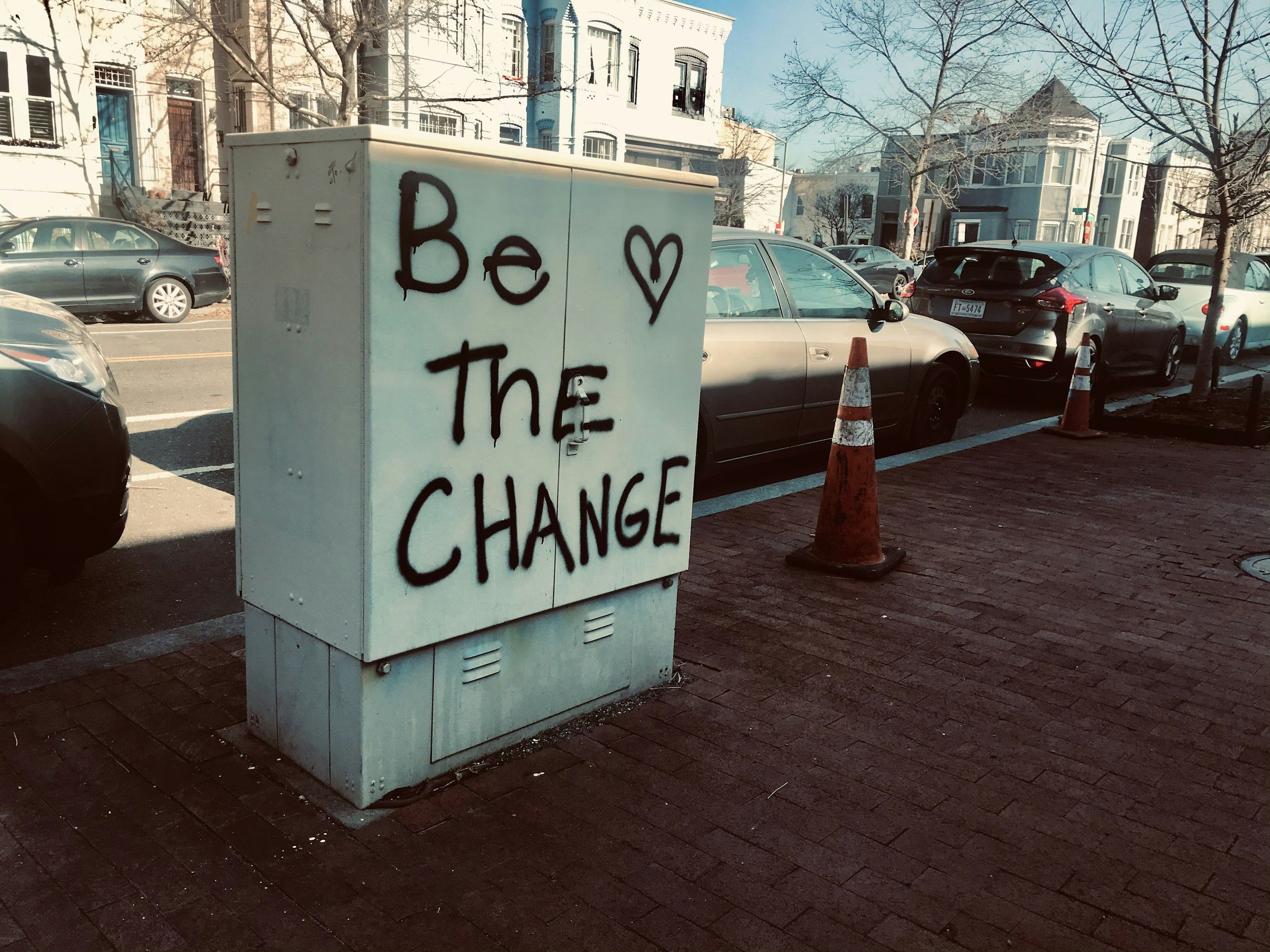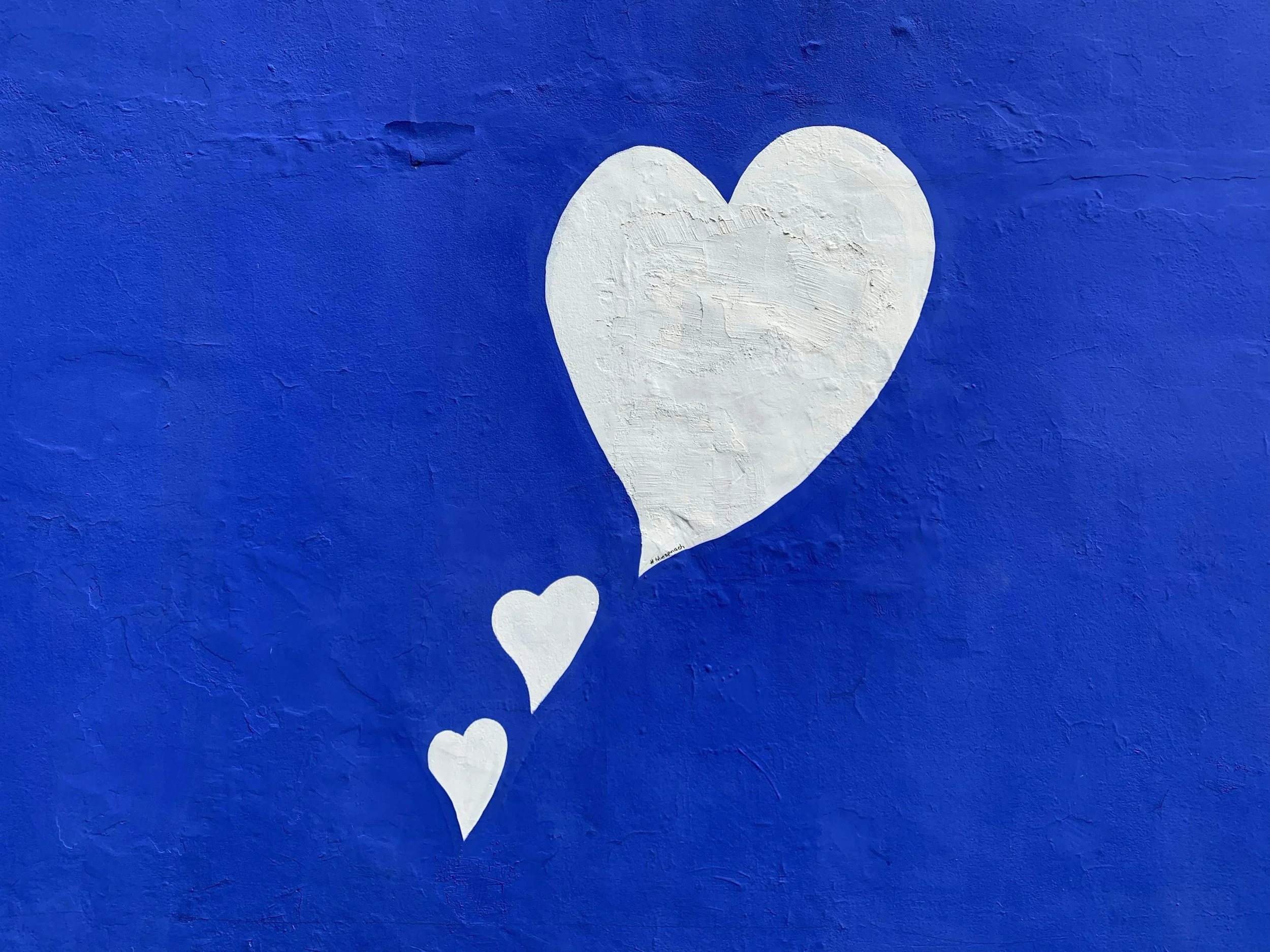How Dry January Can Change Your Relationship With Drinking - Even If You Slip Up
One morning over Christmas, I woke up and I couldn't remember the night before. Something that happens to me all too frequently. Only this time, I hadn't been out in a club or at a party with friends. I had been in my living room with my mum, dad, aunts and cousins. My family likes to drink. We like to drink a lot. When we see each other we pour glasses of wine of sizes that pub bar men and women wouldn't be allowed to serve.
We get through barrels of ale while sitting chatting on the sofa. This kind of drinking that I grew up with, the stay at home and drink whatever’s in the cupboard kind, is in some ways even more dangerous than drinking down the pub. Your drunkenness goes unchecked without a barman or woman to tell you when you’ve had too much. For this reason, I never really got to know my limits.
Although I wouldn’t say I have a drinking problem, I have to admit my relationship with alcohol is not healthy. I am always the girl whose up for a pint - or any several on that matter. I drink quickly and with gusto and have a tendency to black out on weekly binges. But, until this Christmas, I’ve never really seen this as a problem. Instead, I learned to play it down, acting as if it was just a funny quirk of my personality.
I never saw a problem with drinking when I was sad or for entertainment when I was lonely. For many women, using humour is a way to lessen the importance of our drinking habit. We make light of the fact we need a glass of wine to get through a stressful week. Something that is in no way helpful, but what we see on TV. In fact, almost any series you watch will feature some form of ‘yummy mummy alcoholic‘ or ‘power women’ who drink excessively to keep up with a busy schedule.
In the TV show Scandal, Olivia Pope is a high-profile PR fixer and workaholic that guzzles glasses of red wine the size of her head to unwind. In Netflix's Grace and Frankie, a show about the friendship of two divorced older women, Grace, the business powerhouse of the two, survives mainly on dry Vodka Martinis and even hides alcohol around the house. Grace’s drinking is often the butt of jokes in the series, but never addressed as a serious problem.
So, how can we learn to have a healthy relationship to drinking, if alcoholism amongst working women is seen to be the norm? That’s why after my blackout this Christmas, I was so relieved to read an article by non-binary food writer Jack Monroe admitting he was an alcoholic. To read such an honest testimony of how drinking too much really affects women and non-binary people was utterly refreshing.
So, I decided to change. I downloaded the Dry January app (which I would 100% recommend by the way), bought a couple of alcohol-free beers for the fridge and began my journey into sobriety. Every day, I was recording my alcohol-free success in the app and receiving tips on how to cut down. I was on to a winner!
Then, after 12 days drink-free, I decided to have a couple of drinks. I was out for dinner with a friend from work who's moving to London and I wanted to give them a proper send off. But actually, I didn’t feel like I had failed. I had chosen to drink to celebrate a friend's departure and not because I needed it to have fun or make myself feel better. I was cautious not to drink too much as I knew I would have to record my drinks in the app the next day. Yes, I had a couple of beers but I felt a sense of control.
The next morning I added the drinks to my Dry January calendar without feeling ashamed of my lack of willpower. Instead, I felt that I was finally on top of my drinking and able to track just how much I was consuming. Finally, I felt like I knew my limits.
Written by Beth Watson
Originally published on Brighton Girl Magazine.





